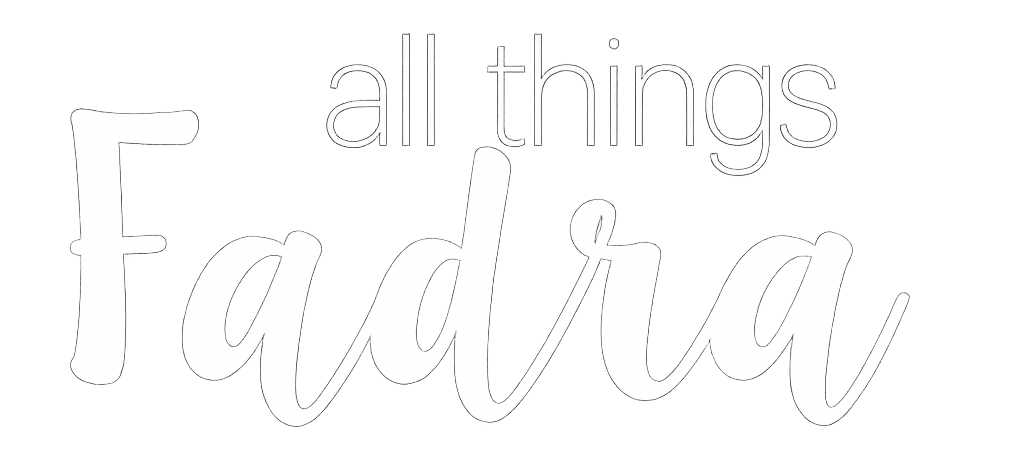Listen, I hate to jump on the internet bandwagon. I really didn’t care if the dress was blue & black or white & gold (for the record, I saw blue & black). But I have been absolutely blown away by the whole Yanny and Laurel debate. Blown. Away.
And I shouldn’t be blown away. I know a thing or two about variances in human hearing.
First, in case you were hiding under a rock, let me catch you up on the whole internet debacle.
It started on Tuesday, May 15th, with a YouTuber/Instagrammer/millennial something or other posting an Instagram story asking the following:
What do you hear?! Yanny or Laurel pic.twitter.com/jvHhCbMc8I
— Cloe Feldman (@CloeCouture) May 15, 2018
She then moved the question to Twitter and it blew up. I first saw it late last night while scrolling through Facebook before bed shared on a friend’s page (one who, ironically writes a lot about STEM and STEAM):
I totally thought it was a joke because, OF COURSE I hear “Laurel.” What else is there to hear?
Then, just for fun, I didn’t tell my husband a thing. I didn’t show him the words. I just played the audio and asked him what he heard. Without hesitation, he said, “Yammy.”
WHAT?!? No, he must be wrong. So I showed him the text thinking the power of suggestion would get him to hear it clearly and he still heard Yammy.
Then I went into a frenzy. Even though it was after 11pm, I knew my son would still be awake. So I tiptoed into his room and asked him to listen to a clip for me. His answer? YAMMY.
At this point, the biologist in me went into overdrive. I do NOT like things that cannot be logically explained. I looked for articles that might explain scientifically what was going on. First stop was a CNN article titled Science can explain why some people hear Laurel and others hear Yanny which I was certain would explain everything and then I could explain it to everyone else.
Let me summarize it for you.
- Different people will hear different words because of the quality of the output (phone vs. computer vs. headphones).
- The words Yanny and Laurel follow the same sound resonance pattern (one is the “second” resonance and one is the “third”).
- It’s not a high quality recording so it’s easy to get the second and third resonances confused.
Does that explain it? NOT AT ALL. It doesn’t explain why two people in the same room listening to the exact same recording hear different words. On to the next article.
I thought for sure that the New York Times would give me some substance with Yanny or Laurel: Which Do You Hear? You’re Right. But alas, I was unsatisfied with that as well. Here is their scientific quote to explain it all:
Dr. Jody Kreiman, a principal investigator at the voice perception laboratory at the University of California, Los Angeles, helpfully guessed on Tuesday afternoon that “the acoustic patterns for the utterance are midway between those for the two words.”
“The energy concentrations for Ya are similar to those for La,” she said. “N is similar to r; I is close to l.”
All I was reading were examples of why it’s easy to get those words confused if the audio quality isn’t very good. There was no talk about why different people hear different words. So I referred to my own knowledge.
My recently was recently asking me about my hearing loss. When I was in my twenties, I developed a very distinct ringing in my ear, known as tinnitus. I was annoyed and fascinated with it at the same time. The ringing was so bad that I could hold a telephone up to my right ear and hear a dial tone (back when phones had dial tones) but when held to my left ear, I heard nothing because the tone blended in perfectly with my ringing.
I also noticed that when I was listening to someone talk over the phone, they sounded normal with my right ear but with my left ear, they sounded like a high pitched robot voice. I had definitely experienced a loss of hearing at certain frequencies.
Through the years, my hearing has fluctuated quite a bit. Some days it’s fine and some days, the ringing is off the charts (mainly due to weather or sickness as fluid in the ear can exacerbate the ringing).
As if that wasn’t enough, my son, who loved all things YouTube, asked my husband and I to take a hearing test a few weeks ago. He played a video of varying frequencies and asked to tell him when we could and couldn’t hear the tones. It turns out that there are certain frequencies you can only hear if you’re under 25.
Here’s a nice hearing test to prove the point:
My hearing craps out at about 13kHz. My husband could go a little longer and my son even longer (he’s 11 years old). So what does it all mean? I’m not an audiologist or linguist or scientist. I’m just a former biologist with crappy hearing and I suspect that the difference in what we hear has to do with how sensitive our hearing is.
And just to further prove this point, here’s a video where a genius (and I say that with the utmost respect) took out the high frequencies and FINALLY I can hear Yanny.
His thoughts:
Okay, you’re not crazy. If you can hear high freqs, you probably hear “yanny”, but you *might* hear “laurel”. If you can’t hear high freqs, you probably hear laurel. Here’s what it sounds like without high/low freqs.
So, my final semi-scientific layman’s take on this is that if you hear Laurel, you probably have experienced some hearing loss at higher frequencies. And if you hear Yanny, you’re hearing is probably a bit superior to me and my fellow Laurelites.
For today, Yanny wins the internet.




Nice! Thank you for this! Was driving me crazy and my son and Zi mimic you and yours…I hear Laurel he clearly hears Yanny (14 yo).
Unfortunately, we’re getting a hard lesson in how our hearing changes (for the worse) as we get older!
I hear Laurel too. Guess my mother was right. I should have turned down the volume on my Walkman. Of course, the Yanny sound is super creepy to me, so I’m kind of okay just hearing Laurel.
I can only hear Yanny when they change the frequency. I’ll take my Laurel and hearing loss any day of the week!